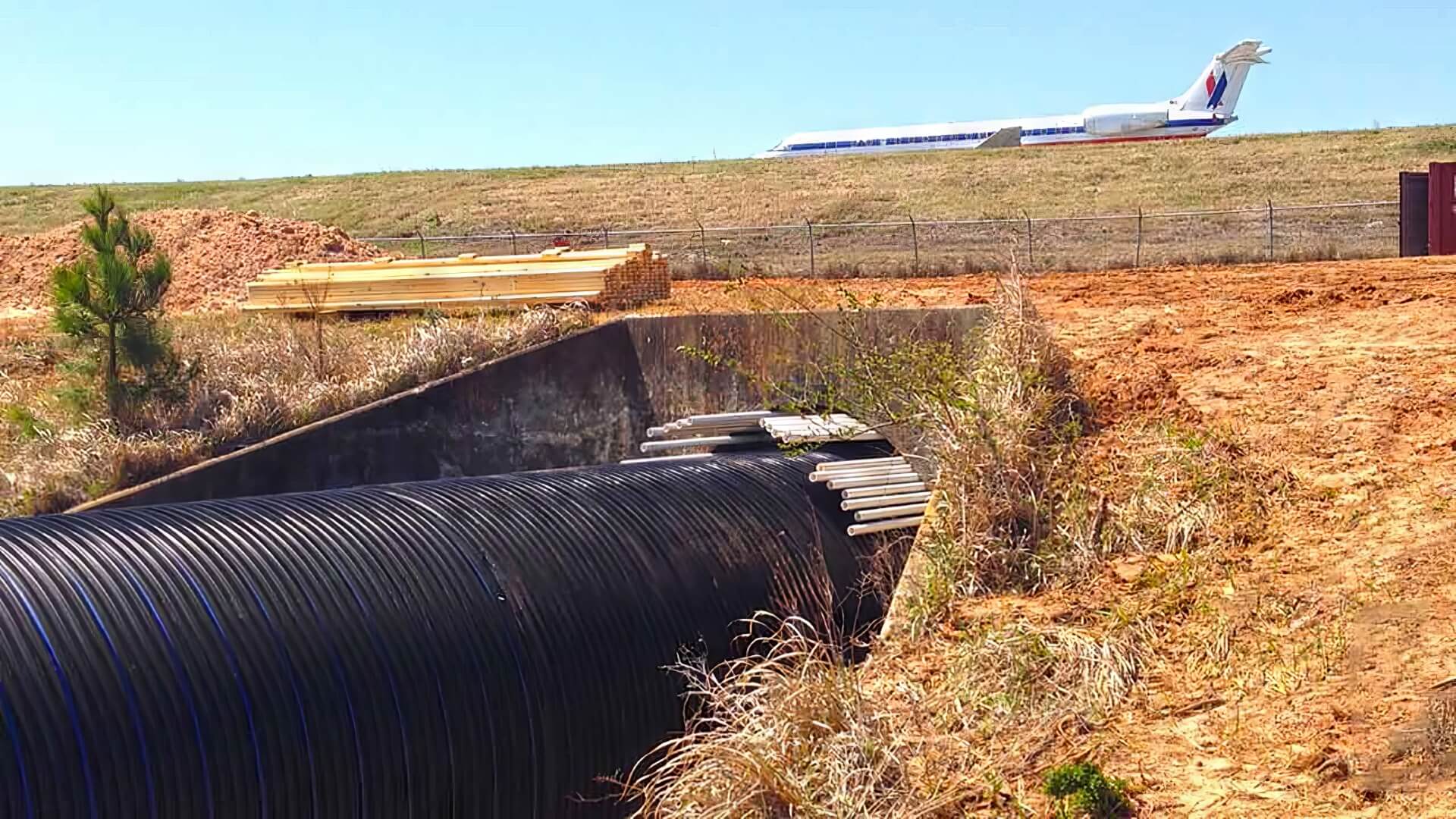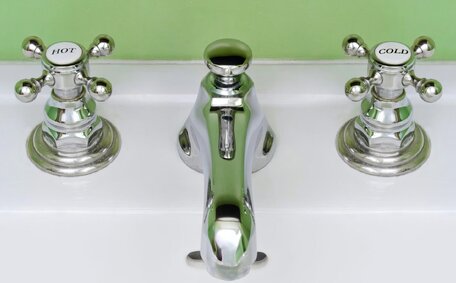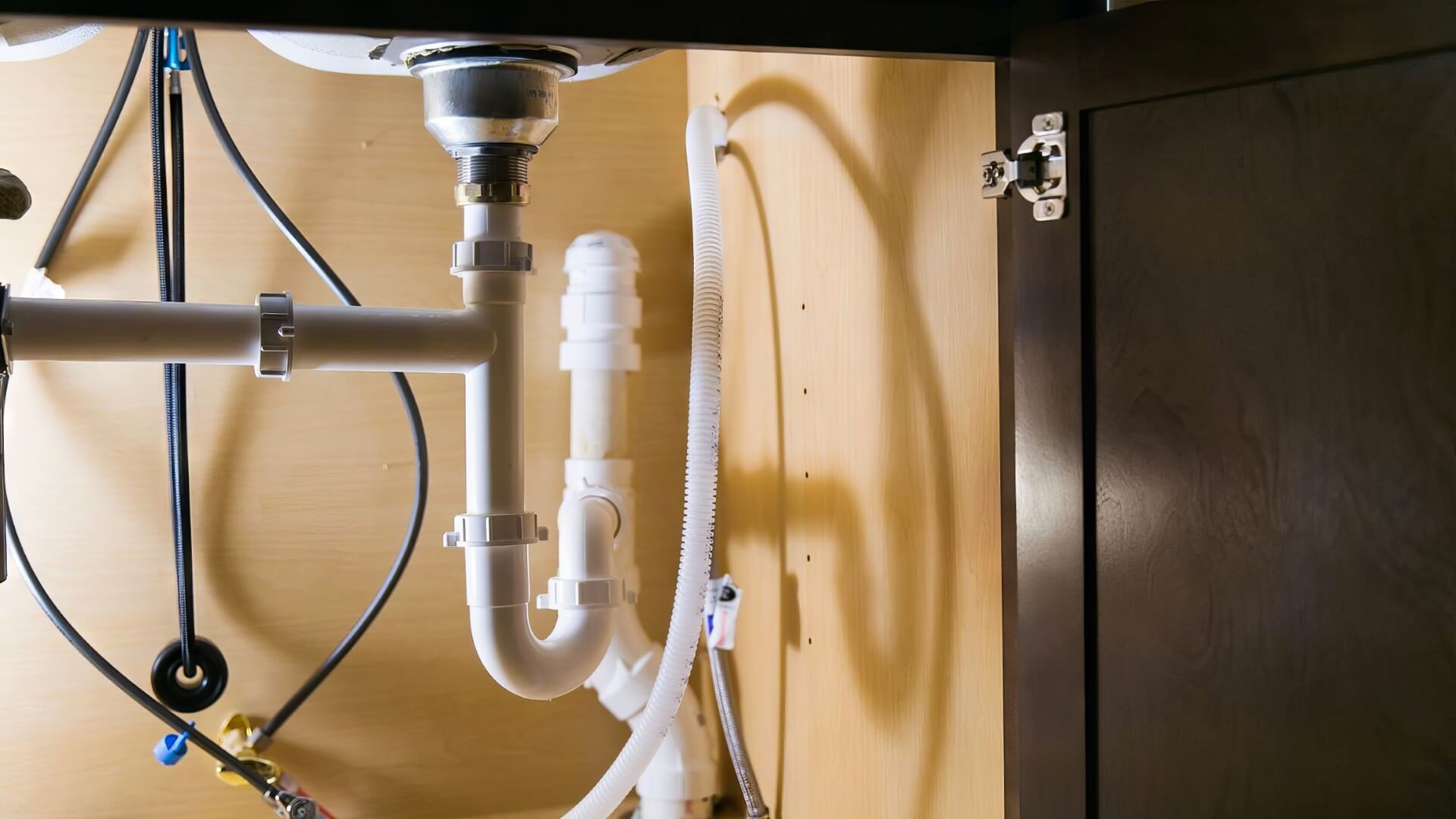
Does Pipe Relining Increase Property Value?
Pipe relining fixes damaged pipes without digging or replacement. It prevents leaks, damage, and improves drainage. This increases property value and saleability for under $2000.
Read MoreWater heater systems contain a thermostat that regulates the temperature of the water. There are several common types of water heaters:
All hot water systems use a thermostat to maintain a consistent temperature by activating the heating system when the water temperature falls below the set level.
The optimal preset temperature for most hot water systems is 60 degrees Celsius. Insulating your hot water system helps retain heat and maximises efficiency.
By understanding your water heater’s thermostat, you can tune it to optimal efficiency. This guide will walk you through the essential steps for accurately setting your thermostat and maintaining your hot water system for peak operation.
When setting your hot water system’s thermostat, follow these recommended guidelines:
Exceeding the suggested temperature settings can result in increased energy costs without improving performance. The recommended settings safely exceed 50°C and help reduce operational expenses.
Adjusting the thermostat can reduce the amount of energy utilised in heating water while optimising efficiency. Here are the steps for typical storage tank and continuous flow units:
If you have issues adjusting your thermostat or feel unsure about the energy your hot water system uses, contact our team at Leichhardt Plumbing on 1300 349 338 and we would be happy to assist.
Insulating your hot water system and pipes is an effective way to maintain water temperature, reduce energy bills, and prevent heat loss. Here are some tips:
Proper insulation minimises standby heat energy consumption, which can constitute 10-25% of a home’s total energy use. For your home, this can save a considerable amount in gas electric costs per year, amounting to over 500 kWh. It also reduces carbon emissions.
Insulation is inexpensive, easy to install, and delivers excellent returns on investment through energy savings. We recommend contacting our team at Leichhardt Plumbing on 1300 349 338 to ensure proper materials and installation.
To keep your hot water system operating efficiently and reduce the energy your hot water usage demands, regular maintenance checks are essential. This involves:
You can do some basic checks, but our technicians at Leichhardt Plumbing can conduct thorough servicing and maintenance to optimise performance and longevity. Contact us on 1300 349 338 to arrange an inspection.
There are several easy ways to reduce your hot water usage and save energy:
Embracing these water-saving practices can result in significant energy savings and a reduced environmental impact. For assistance with installation or leak detection, reach out to Leichhardt Plumbing at 1300 349 338.
When choosing a new or replacement hot water system, there are several key factors to consider:
We recommend consulting with the experts at Leichhardt Plumbing to evaluate your options and select the most suitable system. Our experienced technicians can provide tailored advice based on:
Our 25 years of experience in the Leichhardt area equip us with thorough knowledge of the most suitable systems for homes in this region. Contact our team on 1300 349 338 to discuss your needs - we’re happy to provide quotes and recommendations for reliable, efficient hot water solutions.
Several common issues can arise with hot water systems, requiring prompt diagnosis and repairs by a professional plumber to restore performance and efficiency:
We recommend contacting our experienced technicians at Leichhardt Plumbing on 1300 349 338 if you notice any of these common hot water system faults. We can quickly diagnose issues and implement repairs to restore optimal function. Preventative maintenance from our plumbing professionals is key to maximise the longevity of your system.
Pipe relining fixes damaged pipes without digging or replacement. It prevents leaks, damage, and improves drainage. This increases property value and saleability for under $2000.
Read MoreThe efficiency of your hot water system can be impacted by various environmental factors. Proper insulation, temperate climates, and appropriately sized systems lead to enhanced efficiency, lower energy bills, and reduced emissions. Compare different hot water systems and learn tips to maximise efficiency.
Read MorePipe relining is the most effective way to permanently solve bad sewer smells without the need to dig trenches or damage your property. Our trenchless pipe repair specialists use specially designed pipes to reline your old, damaged pipes. This stops cracks and leaks that let sewage smells flood your home.
Read MoreLeichhardt, 2040 NSW
We will call back as soon as possible.




